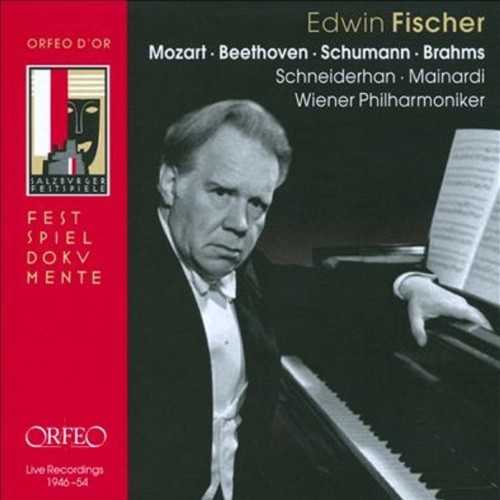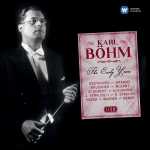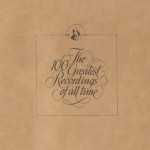
Composer: Wolfgang Amadeus Mozart, Robert Schumann, Johannes Brahms, Ludwig van Beethoven
Performer: Edwin Fischer, Wolfgang Schneiderhan, Enrico Mainardi
Orchestra: Wiener Philharmoniker
Audio CD
Number of Discs: 4 CD box set
Format: FLAC (image+cue)
Label: Orfeo
Size: 672 MB
Recovery: +3%
Scan: yes
CD 01
Mozart: Piano Concerto, KV 503
Mozart: Piano Concerto, KV 482
CD 02
Mozart: Piano Trio, KV 548
Beethoven: Piano Trio, Op. 97
CD 03
Schumann: Piano Trio, Op. 63
Brahms: Piano Trio, Op. 8
CD 04
Beethoven: Piano Sonata No. 32 in C Minor, Op. 111
Beethoven: Piano Sonata No. 15 in D Major, Op. 28, ‘Pastoral’
Beethoven: Piano Sonata No. 21 in C Major, Op. 53, ‘Waldstein’
edwin_fischer_live_recordings_1946_5402.rar – 205.7 MB
edwin_fischer_live_recordings_1946_5403.rar – 190.8 MB
edwin_fischer_live_recordings_1946_5404.rar – 164.1 MB
Trio performances of unique quality
In one of his few essays on Fischer, who had been his teacher, Alfred Brendel shakes his head over the recording industry’s neglect of Fischer’s trio playing with Kulenkampff (later Schneiderhahn) and Mainardi. Brendel doesn’t go in for empty rhetoric. Half of this box – fortunately – is given over to four public performances recorded (carefully and well – at least they knew what they were doing) at Salzburg in the early fifties by Austrian radio. All the performances are astonishing – so much so It’s difficult not to wonder what recording techniques were being used. The third disc in the set includes Schumann’s D minor trio, and the second version of the Brahms B major – both works which can often sound – on disc – thick and heavy, dominated by piano tone and orchestral ambitions. NOT here. Fischer ( a pupil of Martin Krause, who had been taught by Liszt, and in this playing you can hear it) recalls that nineteenth century pianos were not artillery pieces but, in chamber partnerships, palettes for colour, and that the tonal weight of the Schumann and Brahms trios must be carried by the string instruments. Only at the heaviest climaxes does Fischer allow the weight of the piano chords to tell, and even then only as an accompanist should. For once you can hear all the instrumental parts all the time, in balance, with absolutely no sense of any artificial restraint or pulling back. This is a side of Fischer’s art you can hear nowhere else, and his range of colour is astonishing. And he does play all the notes. Schneiderhahn and Mainardi match his musicianship. The “Archduke” Trio, which is perfectly scored and normally full of light and optimism in performance, is shown here in relief, with a dark side most interpreters underplay, following the harmonic deviations of its opening paragraph. I know of no better trio playing on disc than this -it’s worth the price of the box on its own. The concertos – Fischer was playing K482 to the end of his career, and every performance has something new – not always perfectly done, and the Beethoven sonatas – his final Salzburg recital – are themselves certainly not to be missed, but the revelatory trio performances make this box an essential purchase.




Many thanks.